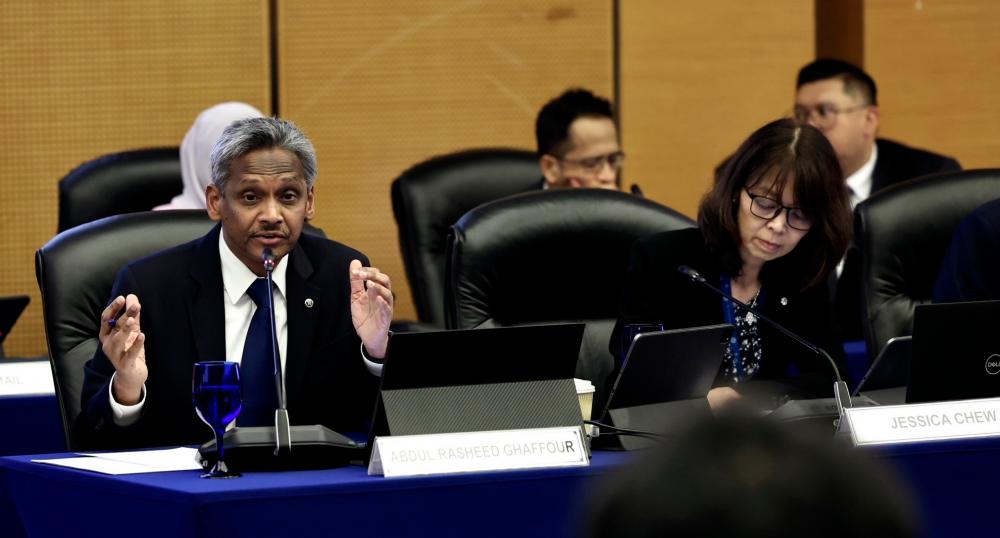KUALA LUMPUR: The Licensing Framework for Digital Insurers and Takaful Operators (DITO) is set to be released by the early second half of this year, according to Bank Negara Malaysia (BNM) governor Datuk Shaik Abdul Rasheed Ghaffour.
He said the central bank has received extensive feedback on its initial policy framework and is refining the framework based on industry comments.
“We have taken the response into consideration and we’ll come back to the framework (accordingly),” he said at a press conference on Friday to announce Malaysia’s economic performance in the first quarter of 2024 (Q1’24).
The central bank had issued a discussion paper on DITO back in 2022 which outlines the proposed framework for licensing new digital insurers and takaful operators. The aim is for it to contribute to a more inclusive, competitive, and efficient insurance and takaful sector.
The framework seeks to attract new digital players offering innovative solutions to address critical protection gaps among underserved market segments, enhance customer experience, and elevate trust.
Meanwhile, Malaysia’s economy, as measured by gross domestic product (GDP), registered growth of 4.2% in Q1’24 (Q4’23: 2.9%), driven by private expenditure and a turnaround in exports.
On a quarter-on-quarter seasonally adjusted basis, BNM said, the economy expanded by 1.4% (Q4’23: -1%) while headline inflation remained at 1.7% during the quarter (Q4’23: 1.6%).
BNM said the increase in headline inflation reflects adjustments to water tariffs in February and service tax for high-usage electricity in March, which increased by 20.8% (Q4’23: 2.1%) and 0.7% (Q4’23: 0%) respectively. Core inflation moderated to 1.8% (Q4’23: 2%), driven by easing in the food and beverages segment.
“Inflation pervasiveness edged higher, as the share of Consumer Price Index items recording monthly price increases rose to 44.2% during the quarter (Q4’23: 36.3%),” it added.
Nonetheless, it said that this remains well below the first quarter long-term average (corresponding first quarter periods during 2011-2019) of 52.2%.
BNM also said domestic financial markets continued to be driven mainly by shifting financial market expectations over the monetary policy path of major central banks.
“In particular, global financial markets reacted to expectations that the US Federal Reserve would maintain its current policy interest rate for a longer period and make fewer policy rate cuts in light of continued strong US economic data.
“The current pressure reflects broader currency market dynamics and is not specific to Malaysia,” it said.
BNM disclosed that from the beginning of the year until May 15, the ringgit has depreciated by 2.4% against the US dollar, in line with the movements of other regional currencies. The ringgit also appreciated on a nominal effective exchange rate basis, by 0.5%.
The central bank said it is deploying tools at its disposal to ensure that domestic financial markets remain orderly and continue to function efficiently.
In addition, it said the initiatives by the government and BNM with the government-linked companies and government-linked investment companies, as well as engagements with corporates and exporters have gained traction, resulting in greater and more consistent flows into the foreign exchange market.
“These have helped cushion the pressure on the ringgit,” it said.
The daily average foreign exchange trading volume has increased to US$17.6 billion (RM83.2 billion) during the period of Feb 26-May 15, 2024 (Jan 2-Feb 23, 2024: US$15 billion) alongside a narrower bid-ask spread, indicating improved liquidity in the domestic market.









